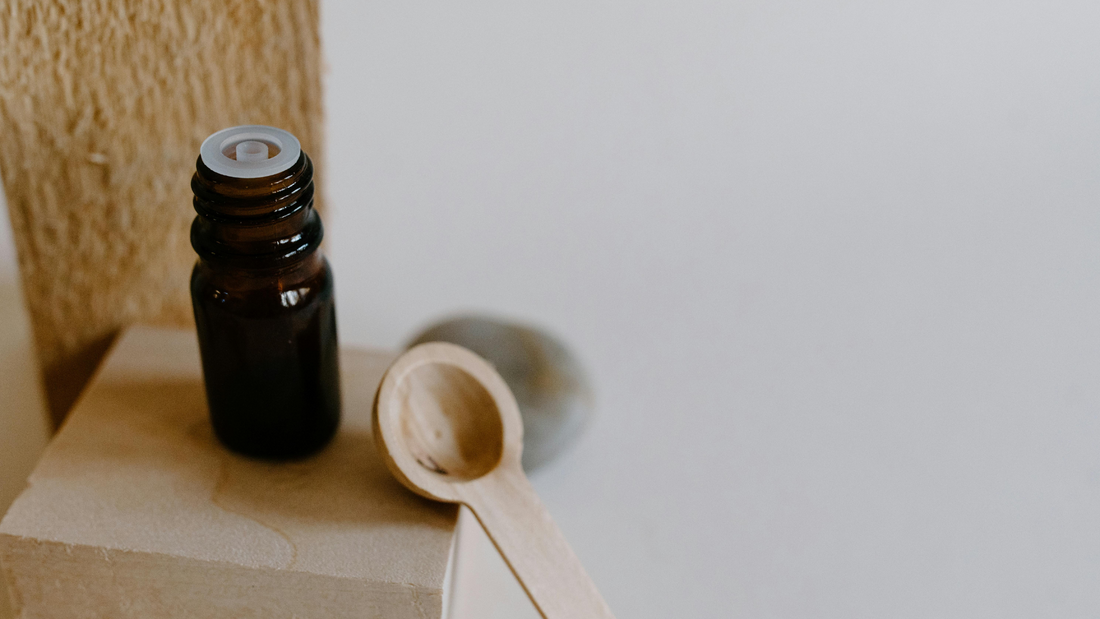Are essential oils really sustainable?
Essential oils have long been praised for their natural origins, but as we lean into conscious beauty, it’s worth asking—are they as sustainable as they seem? If you have sensitive skin, you might already be avoiding them due to their potency. But what about their impact on the planet? Let’s take a deeper look.
The Harvesting Problem
Essential oils are highly concentrated, which means they require a massive amount of plant material to produce just a few drops. For example, it takes about 10,000 pounds of rose petals to make a single pound of rose essential oil. Sandalwood? It comes from slow-growing trees that are often harvested before they reach maturity. In places like India and Australia, overharvesting of sandalwood has led to illegal logging and dwindling wild populations, pushing some species to the brink of extinction. Similarly, frankincense trees in Ethiopia, Somalia, and Sudan are being stripped of their resin at unsustainable rates, leading to declining tree populations and threatening the long-term survival of this precious resource. When demand exceeds nature’s ability to replenish, over harvesting becomes a serious issue.
Water & Land Use
Beyond harvesting, cultivating essential oil crops requires significant water and land resources. Some essential oil plants, like lavender, need ample water to thrive, while others, like frankincense, grow in fragile ecosystems already under environmental strain. The reality? Large-scale essential oil production can contribute to deforestation, soil depletion, and loss of biodiversity.
The Carbon Footprint
Most essential oils are steam-distilled, a process that demands both heat and water—adding to their carbon footprint. On top of that, many oils are shipped globally, further increasing emissions. The irony? A product marketed as ‘natural’ might actually leave a bigger environmental mark than you’d think.
Ethical Sourcing Matters
Some essential oils are sourced responsibly, but transparency is key. Brands that support regenerative farming, fair trade practices, and sustainable harvesting methods are doing it right. But unfortunately, greenwashing runs rampant.
The Bottom Line
If you’re someone who already avoids essential oils due to skin sensitivities, you’re actually doing the planet a favour. That’s not to say all essential oils are bad—but it does mean we should be more mindful about where they come from and how they’re produced. Sustainable alternatives, like cold-pressed plant carrier oils and botanical extracts, can deliver skincare benefits without the heavy environmental toll.
At Pellimont, we’re all about mindful beauty. That’s why we skip essential oils in our formulas—because what’s good for sensitive skin should also be good for the planet.

